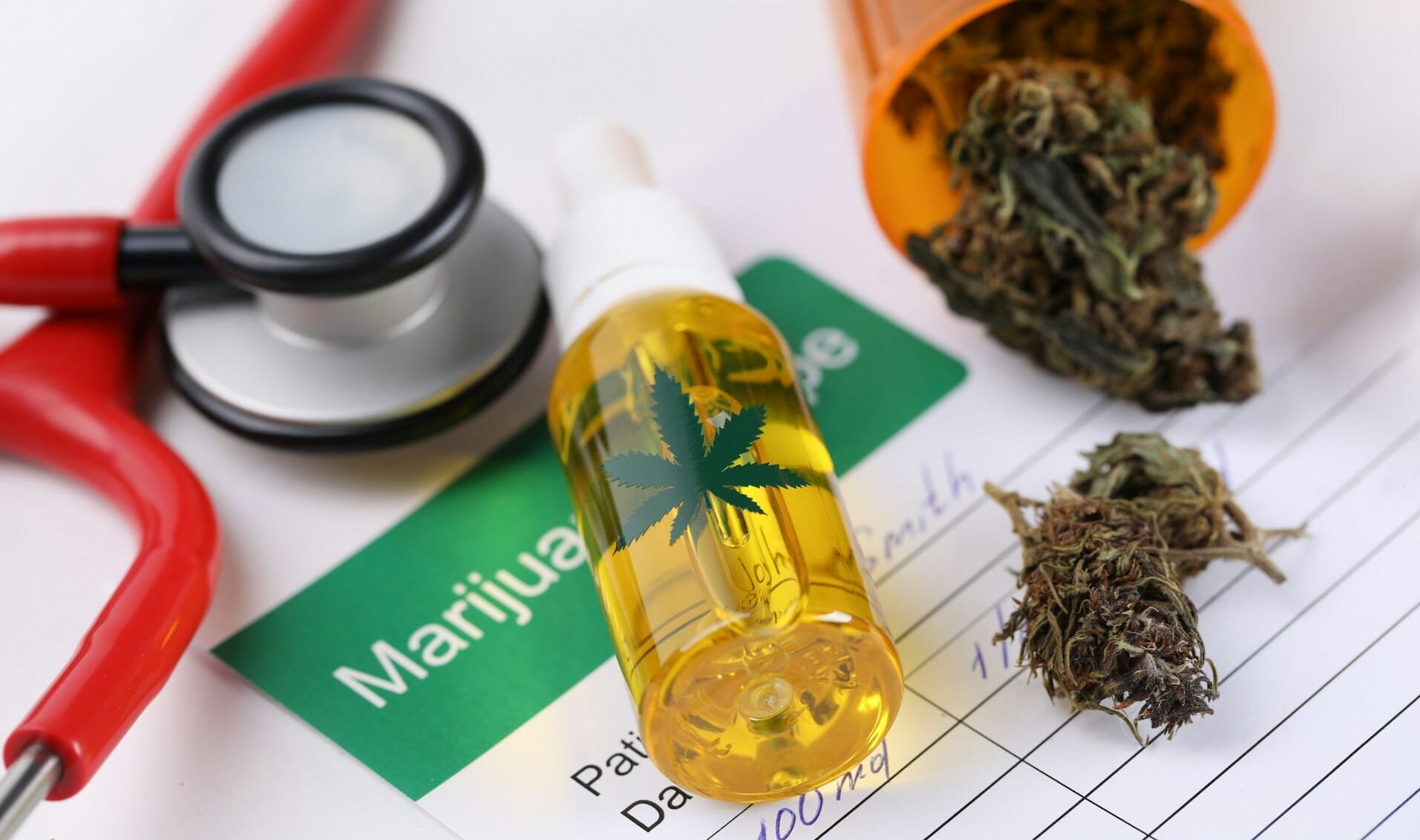Your Comprehensive Guide to Navigating Medical Marijuana Card Applications Across the U.S.
As the medical marijuana industry continues to evolve, gaining access to legal cannabis products can be a game-changer for patients seeking relief from chronic pain, anxiety, insomnia, and various other medical conditions. If you’re new to the medical cannabis space, navigating the process to obtain a medical marijuana card might feel daunting. Each state has its own rules, regulations, and procedures, making it crucial to understand the specific requirements in your area.
This guide will walk you through the essential steps for obtaining a medical marijuana card across different states in the U.S. We’ll break down the process to ensure that by the end of this post, you have a clear understanding of how to secure your medical marijuana card in a legal, straightforward manner.
Understanding Medical Marijuana: What Is It?
Medical marijuana refers to the use of cannabis plants or their derivatives to treat various medical conditions. Cannabis contains over 100 different chemical compounds known as cannabinoids, the two most famous being THC (tetrahydrocannabinol) and CBD (cannabidiol). THC is known for its psychoactive effects, while CBD is praised for its therapeutic benefits without causing a “high.”
Patients often seek medical marijuana to alleviate symptoms associated with conditions such as cancer, epilepsy, chronic pain, PTSD, multiple sclerosis, and more. In many states, a medical marijuana card allows individuals to legally purchase and consume cannabis for these approved medical reasons.
Step 1: Check If Your State Allows Medical Marijuana
The first step in acquiring a medical marijuana card is determining whether your state permits the use of medical cannabis. While marijuana remains federally illegal, many states have enacted their own laws to regulate its medical use. As of now, 38 states and Washington D.C. have legalized medical marijuana.
Each state has a list of qualifying conditions for which medical marijuana can be recommended. Common qualifying conditions include:
- Chronic pain
- Cancer
- Epilepsy or seizure disorders
- PTSD
- Multiple sclerosis
- Glaucoma
- HIV/AIDS
Before you begin the application process, ensure that your medical condition is included on your state’s qualifying conditions list.
Step 2: Consult with a Licensed Physician
Once you have confirmed that medical marijuana is legal in your state and your condition qualifies, the next step is to consult with a licensed physician. In most cases, a healthcare provider must recommend the use of medical marijuana before you can apply for a card. Some states have a registry of approved physicians authorized to recommend medical marijuana.
During your consultation, the physician will review your medical history, evaluate your current condition, and determine if you are a suitable candidate for medical marijuana. If your condition qualifies, the physician will provide you with a written recommendation or certification. This certification is a key document needed to proceed with your application.
It’s worth noting that not all doctors are comfortable recommending medical marijuana, so you may need to seek out a cannabis-friendly healthcare provider. Some states also allow consultations with physicians via telemedicine, making it easier for patients who may not have access to local providers.
Step 3: Prepare Required Documentation
Once you have your physician’s recommendation, it’s time to gather the required documentation. Most states will ask for the following materials during the application process:
- Proof of residency (e.g., driver’s license, state ID, utility bill)
- Medical records or physician’s certification
- A completed application form (usually available online)
- A passport-sized photo
- Payment for the application fee
The cost of applying for a medical marijuana card varies by state but typically ranges from $50 to $200. Be prepared to pay both for the application and the physician consultation, as insurance often does not cover medical marijuana-related appointments.
Step 4: Submit Your Application
After collecting all necessary documentation, you can submit your application to the appropriate state agency, usually your state’s Department of Health or a similar regulatory body. Many states offer an online portal where you can fill out and submit the application. In some cases, you may need to submit physical documents by mail.
Once the application is submitted, the review process typically takes a few weeks, though some states expedite the process for patients with urgent medical needs. During this time, officials will review your documentation to ensure all information is complete and accurate.
Step 5: Receive Your Medical Marijuana Card
If your application is approved, you will receive your medical marijuana card, either digitally or by mail. This card will grant you access to state-licensed dispensaries where you can purchase medical cannabis products.
Medical marijuana cards are usually valid for one to two years, depending on the state. After the card expires, you will need to renew it by going through a similar process to your initial application, which may include another consultation with a licensed physician.
Step 6: Visit a State-Licensed Dispensary
With your medical marijuana card in hand, you can now visit a licensed dispensary. Each state regulates its dispensaries differently, so you’ll need to follow the laws and regulations in your area. Be sure to bring your medical marijuana card and a valid ID with you when visiting.
Dispensaries offer a variety of products, including flower, edibles, tinctures, concentrates, and topicals. If you’re unsure which product is right for you, the staff at the dispensary (often referred to as budtenders) can guide you through the selection process based on your medical condition and personal preferences.
Step 7: Stay Informed About State-Specific Regulations
Each state’s medical marijuana program is subject to change, so it’s essential to stay informed about the laws and regulations in your state. As the legal landscape of cannabis continues to evolve, states may update their qualifying conditions, application procedures, or product availability.
Additionally, traveling with medical marijuana across state lines is illegal, even between states where marijuana is legal. Be mindful of federal laws, and always carry your medical marijuana card when purchasing or using cannabis products within your state.
Why Marijuana Expert Is Your Best Resource on How to Get a Medical Marijuana Card
Navigating the world of medical marijuana can be challenging, especially with each state having its own rules and processes. This is where Marijuana Expert comes in. We provide up-to-date, reliable information on everything you need to know about medical marijuana, from obtaining a card to understanding product options and staying compliant with local laws.
Marijuana Expert is committed to simplifying the process for patients, ensuring you have all the resources necessary to make informed decisions about your health and wellness. Whether you’re a first-time applicant or a seasoned user, Marijuana Expert is here to help you every step of the way on how to get a medical marijuana card in your state. Click here to get up to date marijuana legality by state information.

